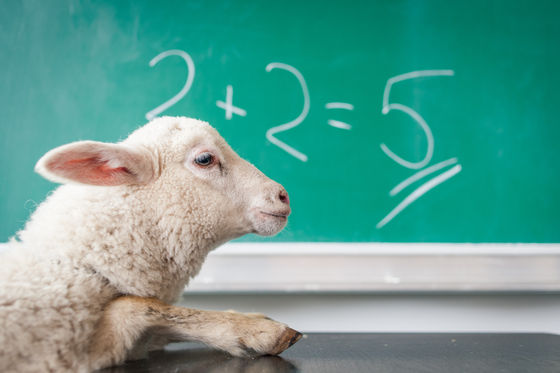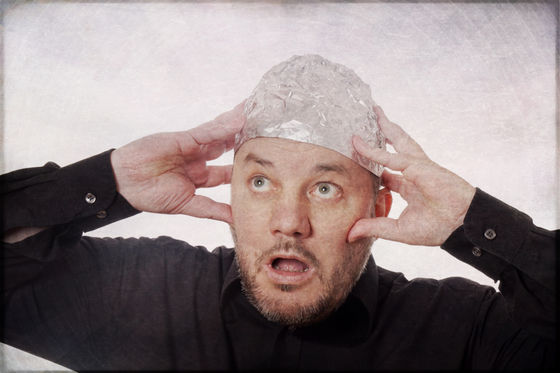It turns out that people who trust science are more likely to believe in pseudoscience, and how can they protect themselves from disinformation?

The pandemic of the new coronavirus highlights how important it is to listen to the opinions of experts and take thorough measures. However, new research has shown that people with a high degree of confidence in science are more likely to be fooled by pseudoscience to spread disinformation. From this result, researchers point out, 'It is important to trust science, but it is also important not to blindly believe in science, and sometimes to think for yourself or to look at it from a critical point of view.'
Misplaced trust: When trust in science fosters belief in pseudoscience and the benefits of critical evaluation --ScienceDirect
https://www.sciencedirect.com/science/article/abs/pii/S0022103121000871
Misplaced Trust: When Trust in Science Fosters Pseudoscience | Annenberg
https://www.asc.upenn.edu/news-events/news/misplaced-trust-when-trust-science-fosters-pseudoscience
Research: Trusting science makes Americans vulnerable to pseudoscience
https://journalistsresource.org/health/trust-science-pseudoscience-misinformation/
'A lie disguised as science can easily deceive people,' said Dolores Albarracin, a psychologist at the University of Illinois at Urbana-Champaign. For example, the claim that 'the vaccine for the new coronavirus was found to contain pollutants and dangerous ingredients' is a good example of disinformation disinformation. Some of these fake news are cleverly used in dissertations and jargon to disguise themselves as scientific, and there is a risk that those who trust science will be fooled. Professor Alvarasin points out.

To see if those who trust science are more susceptible to pseudoscience, a research team led by Professor Alvarasin conducted an experiment with a total of about 2,000 Americans using two scientific articles. rice field. In the experiment, subjects said, 'An article accused by a prominent scientist that the U.S. government secretly developed a biological weapon called'Valzavirus'' and 'a tumor developed in mice that ate genetically modified crops.' I read the article that covered the papers that I did, and answered the question of whether it was true and whether it should be disseminated.
In addition, 'Valza virus' is a fictitious virus that does not exist, and the paper on genetically modified crops was withdrawn due to incomplete content, but all of them were hidden by the subjects. In addition, in order to measure the subject's confidence in science, we conducted a questionnaire on how much we agree with sentences such as 'scientists act on the basis of truth, so research results are rarely forged.' Selective tests were also done to measure how well you understand science.
As a result of a series of experiments, subjects with high confidence in science are more likely to believe disinformation that contains scientific content, and are more likely to share pseudoscience articles with others. I found out. On the other hand, those who are familiar with scientific methodologies were less likely to believe or try to share scientific statements in disinformation.
Regarding this result, Professor Alvarasin said, 'Trust in science is important for raising public understanding of investment in the field of science, strengthening science education, and distinguishing between reliable and unreliable sources. However, trusting science does not solve all problems, because trusting too much and forgetting the spirit of criticism makes us more susceptible to pseudo-science. ' ..

Researchers emphasize the importance of developing scientific literacy and critical thinking, as those with a high understanding of science were less likely to be fooled by pseudoscience. 'I think people need to be familiar with how science works and how they draw conclusions. It's important to know the truth of information from a critical point of view, rather than blindly believing in science. It's about understanding how to scrutinize, 'said Professor Albarracin.
'We encourage journalists who write articles about science to study terms that frequently appear in academic literature, for example,' Randomization, 'said Thomas O'Brien of the University of Illinois, co-author of the paper. What is it and what are the limitations of reviewing a dissertation are definitely things that journalists should be familiar with. '
Related Posts:
in Science, Posted by log1l_ks







